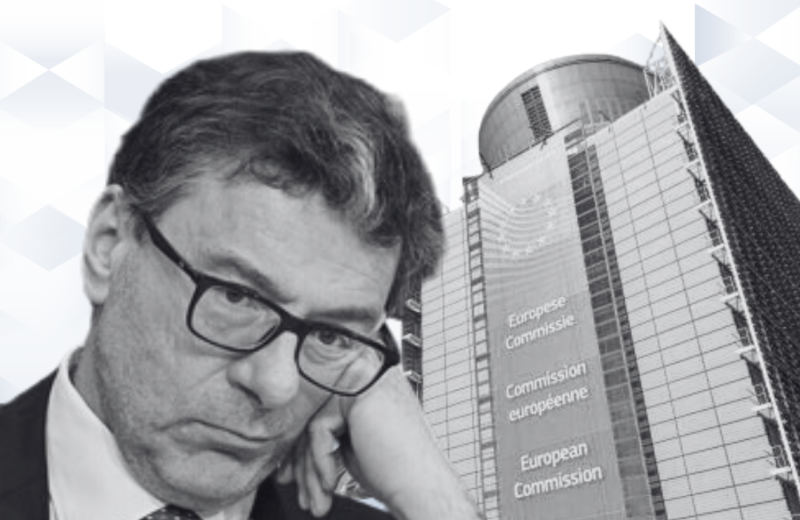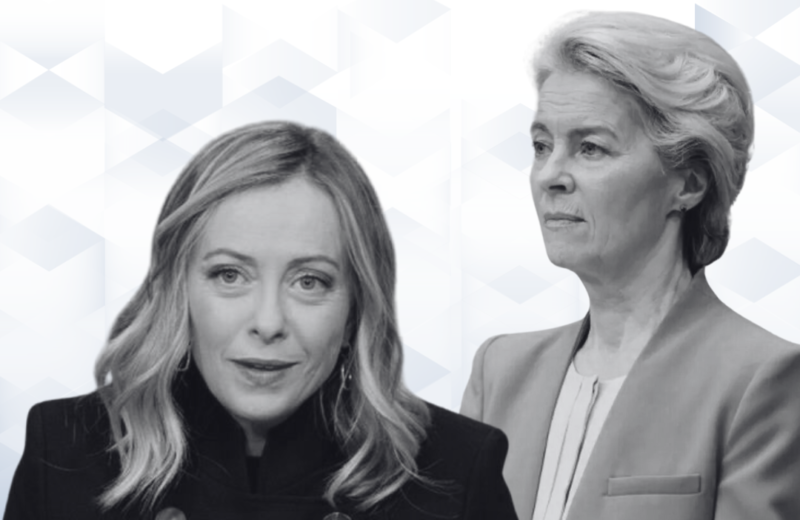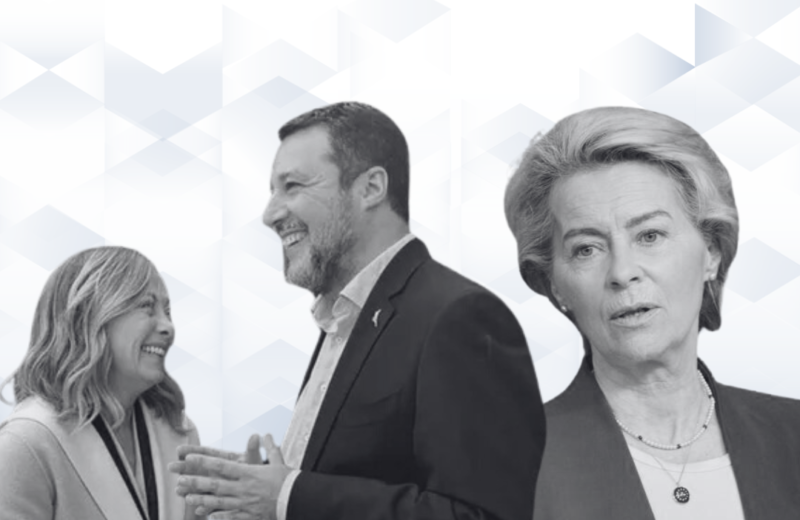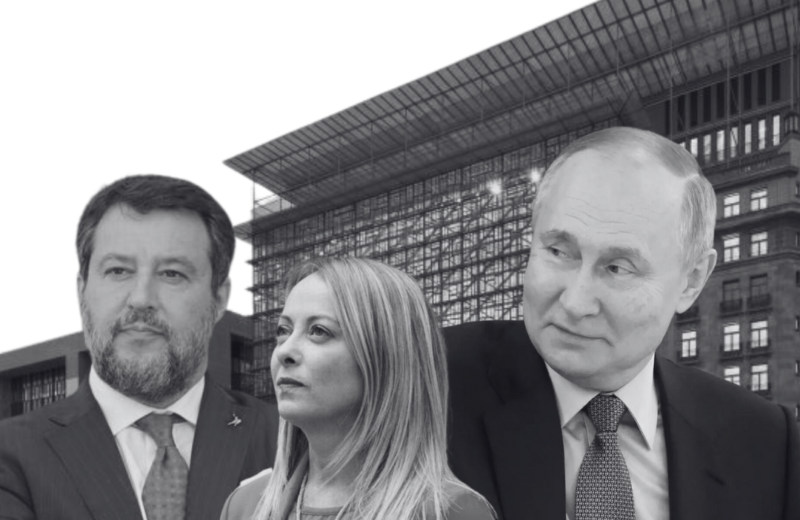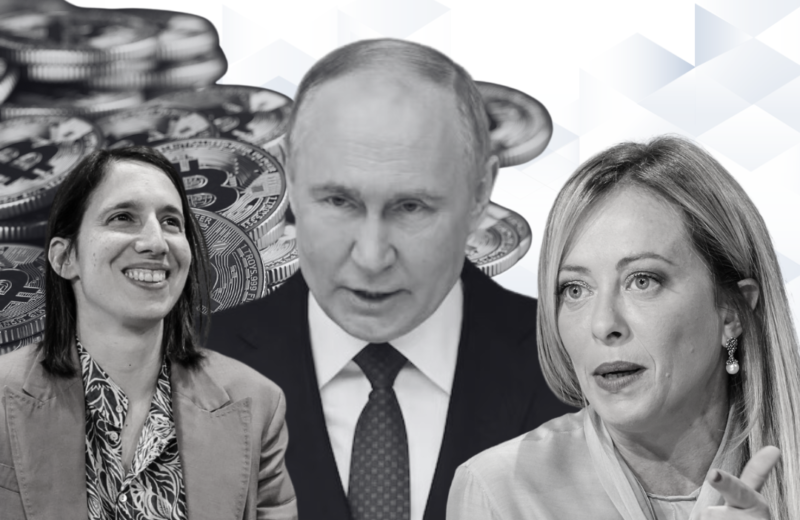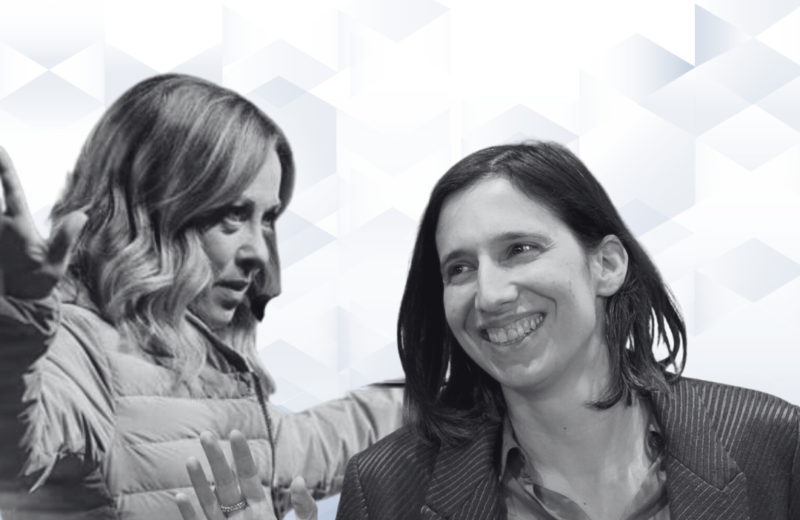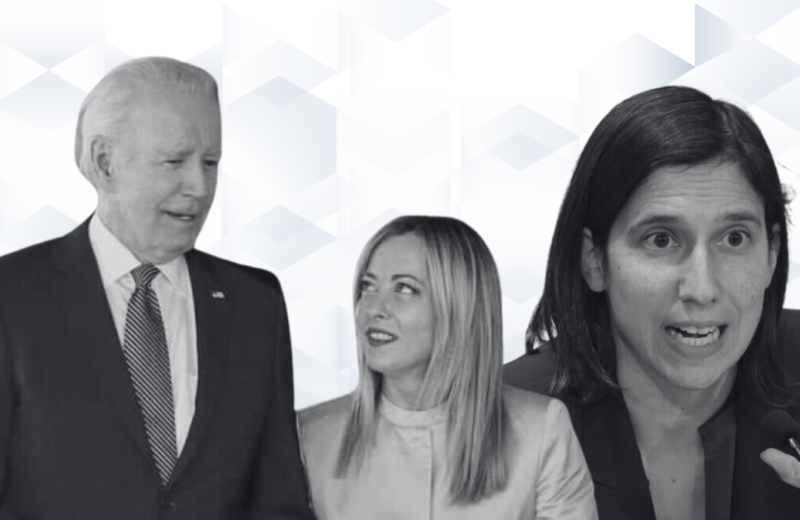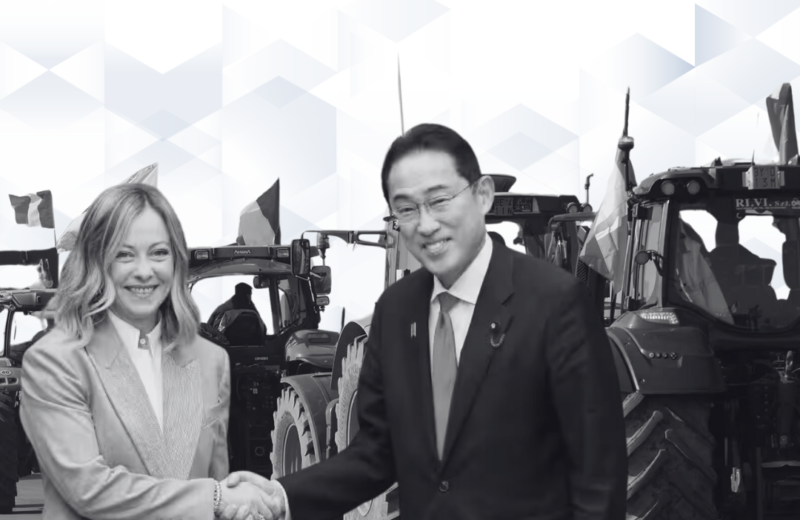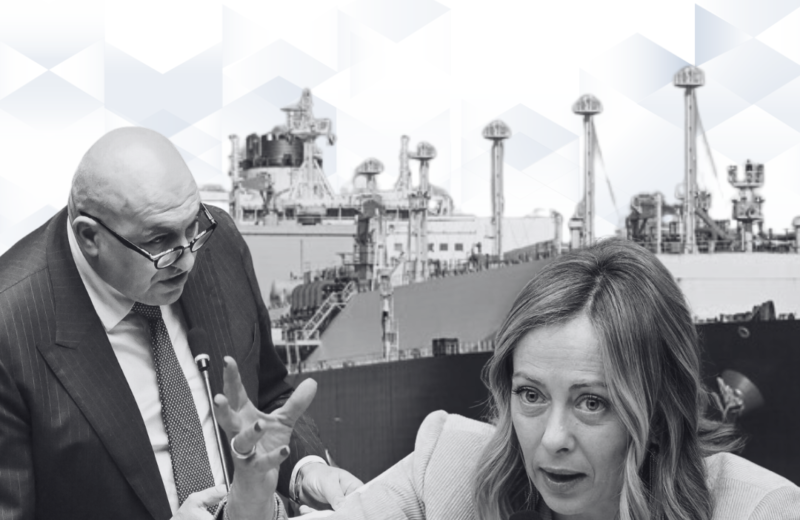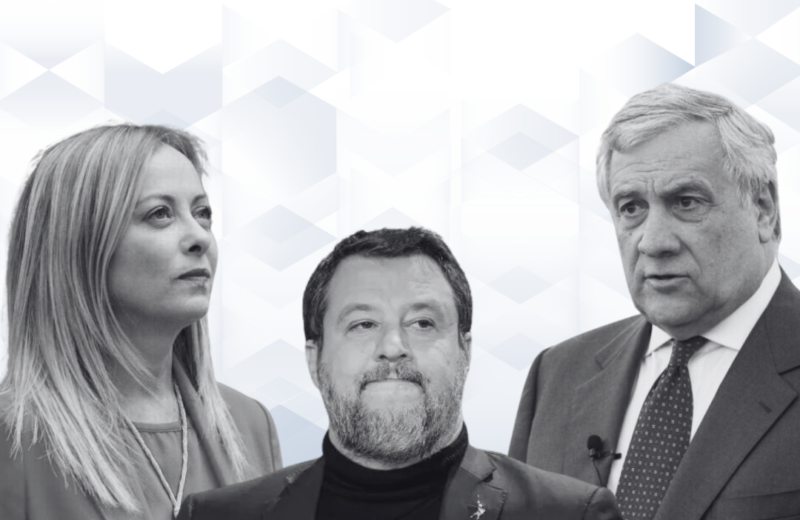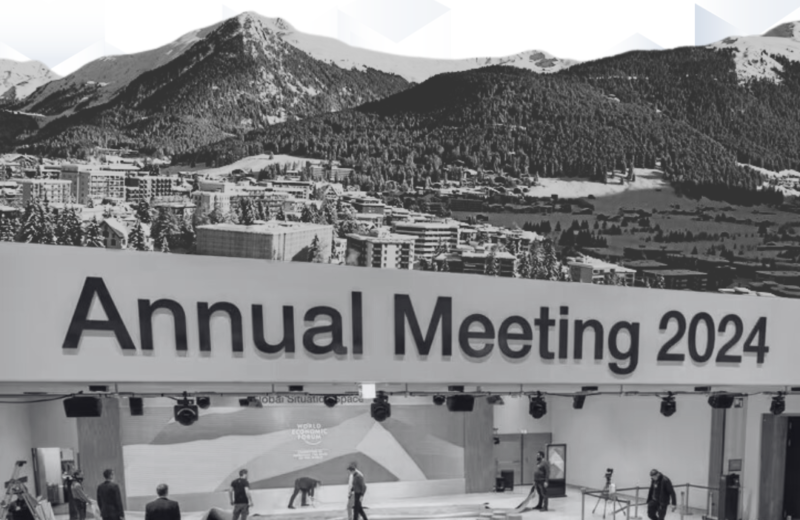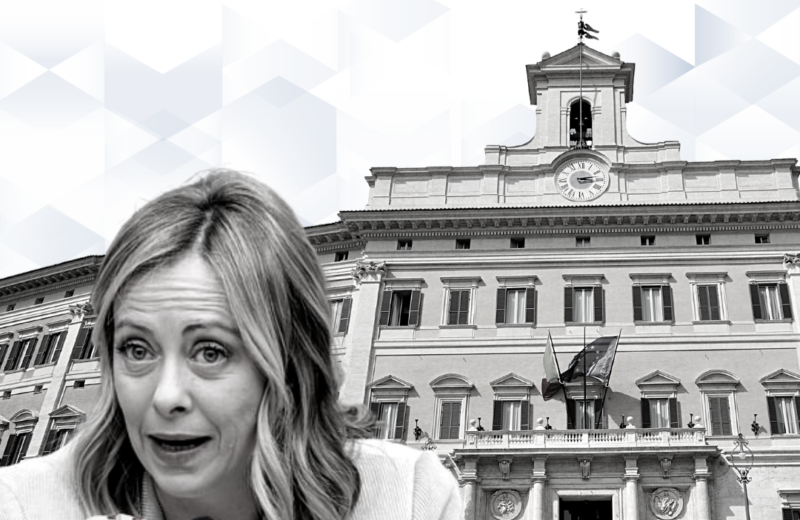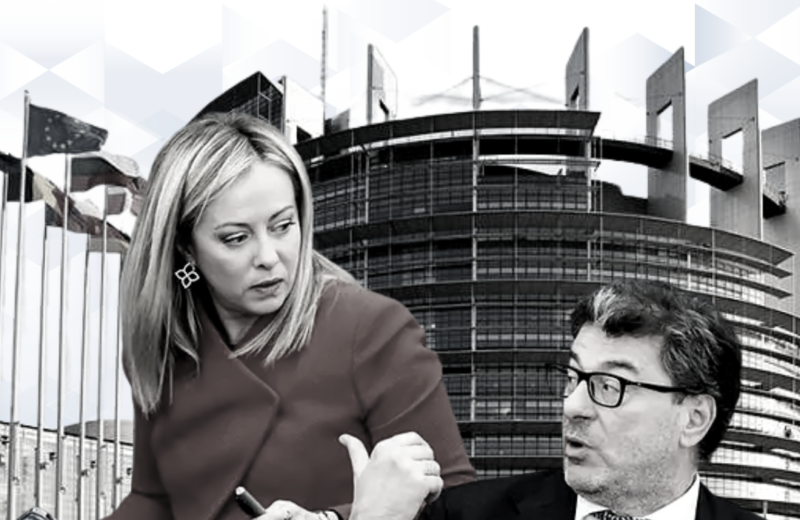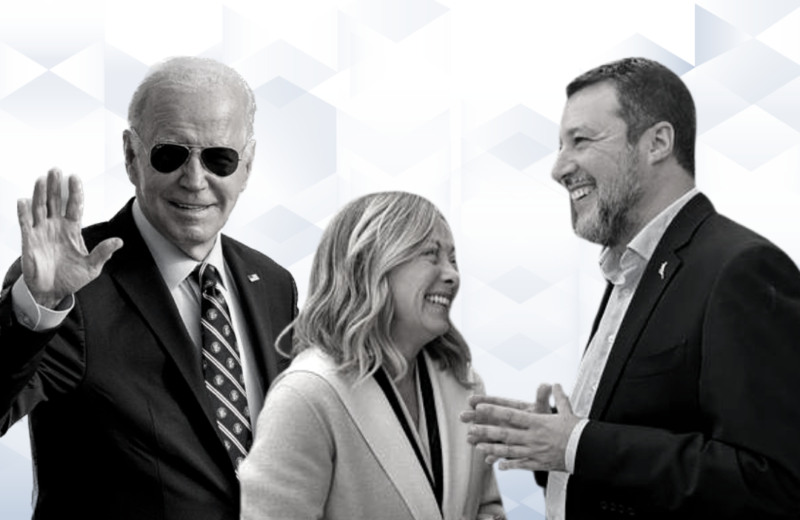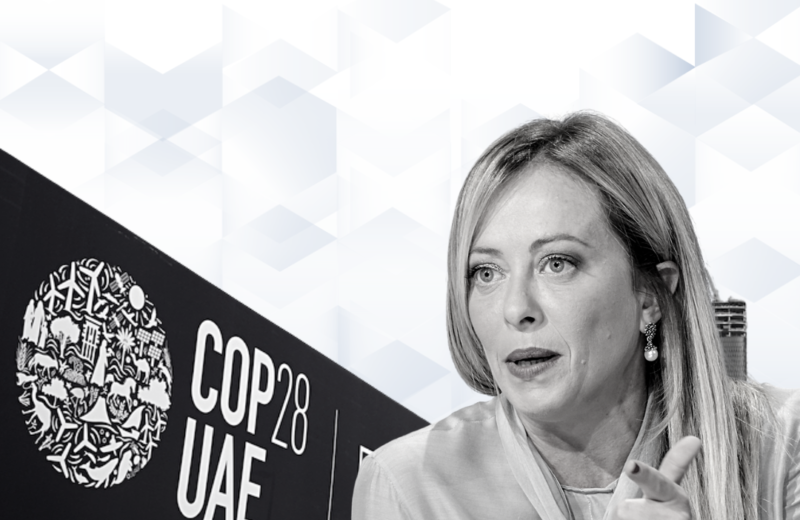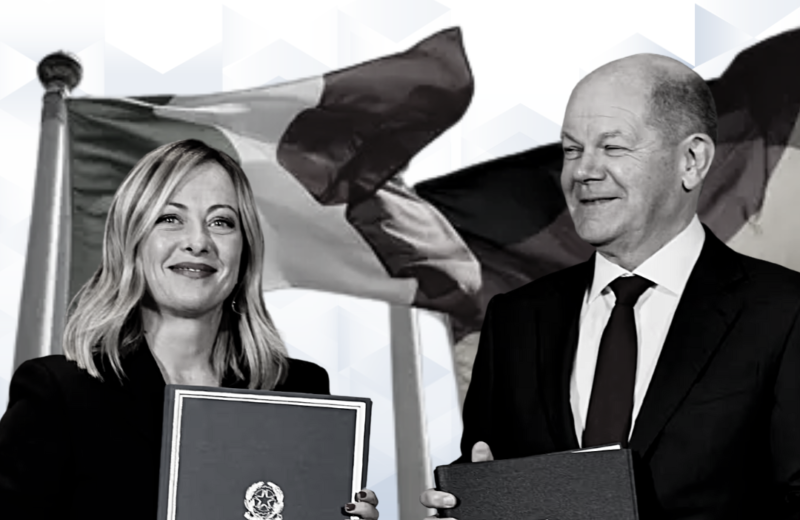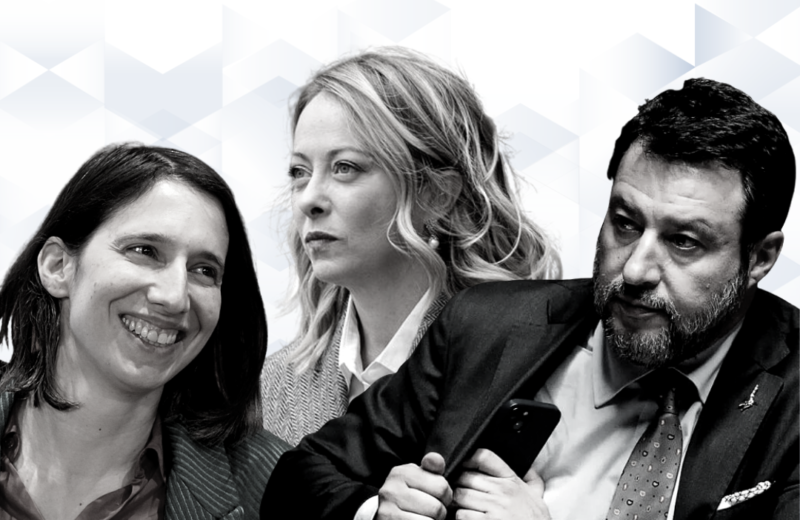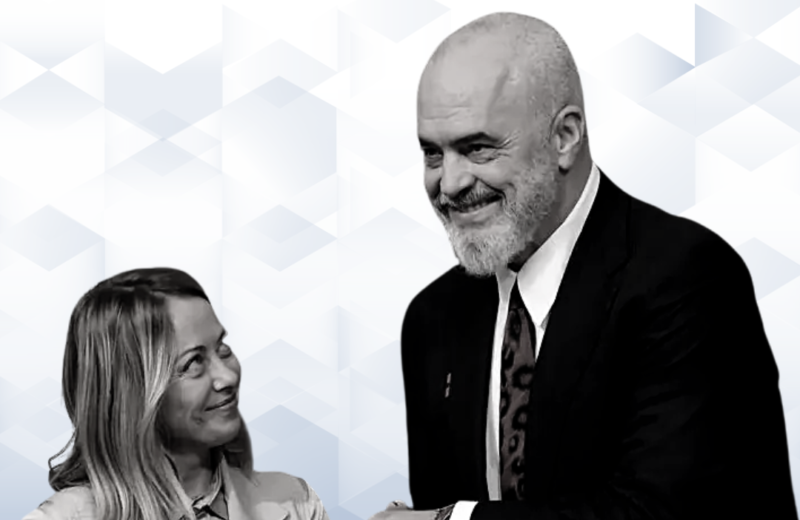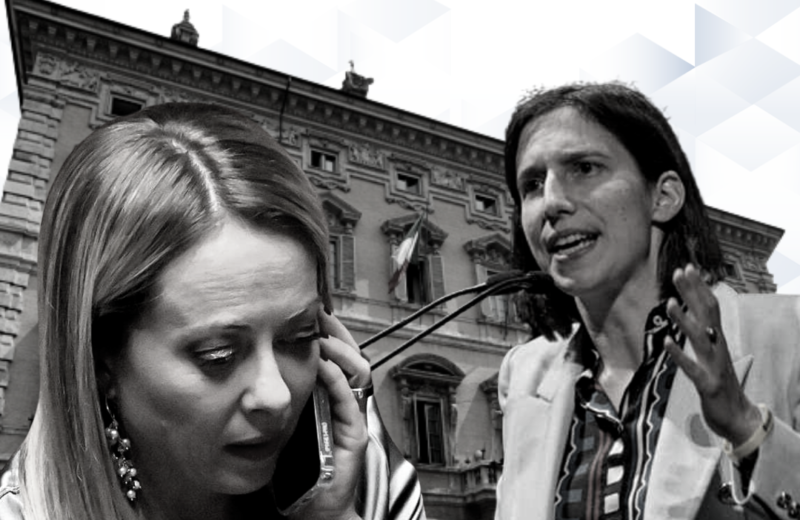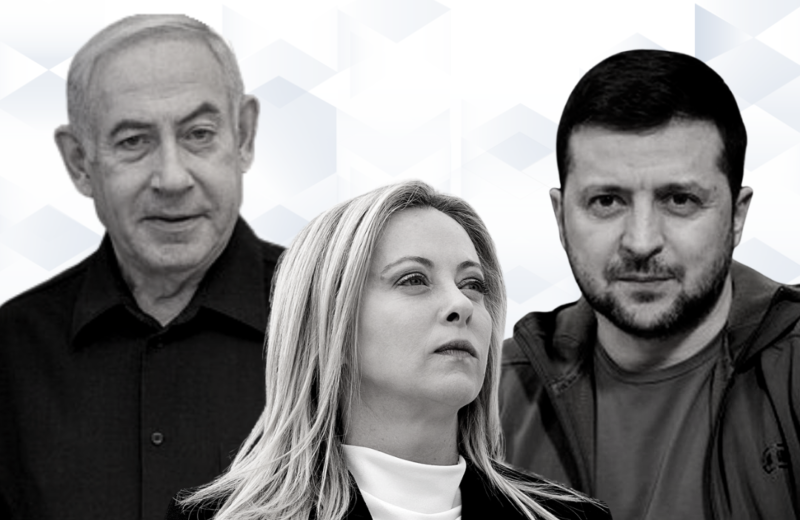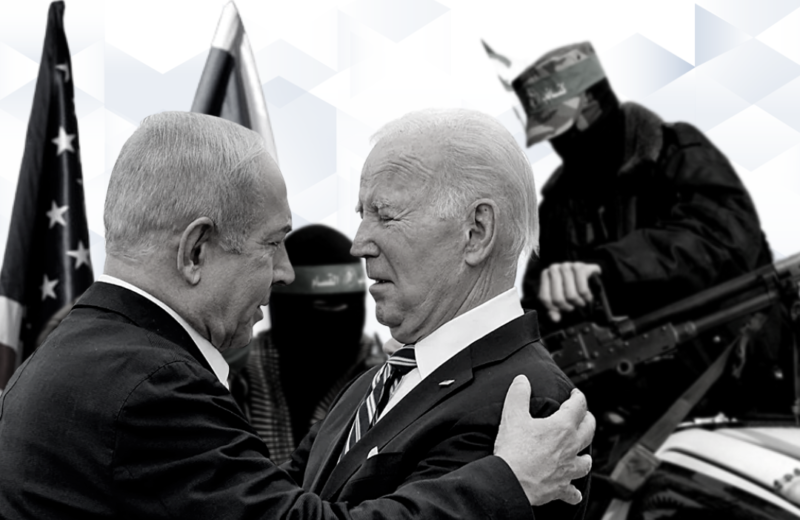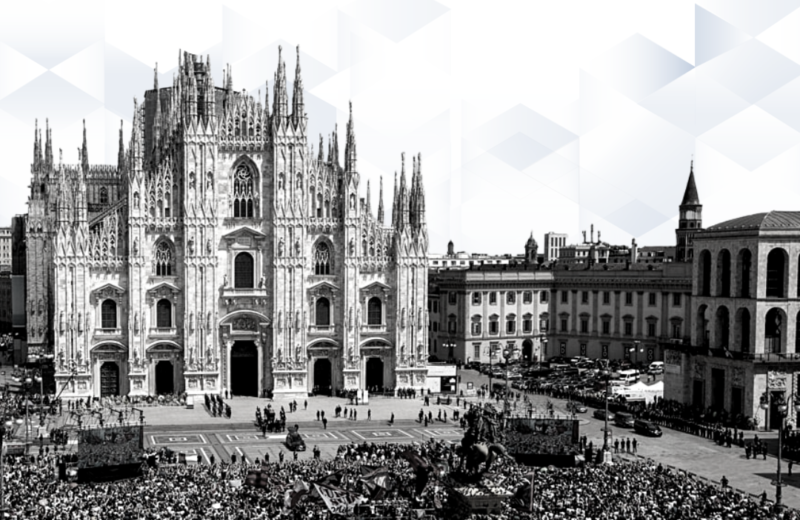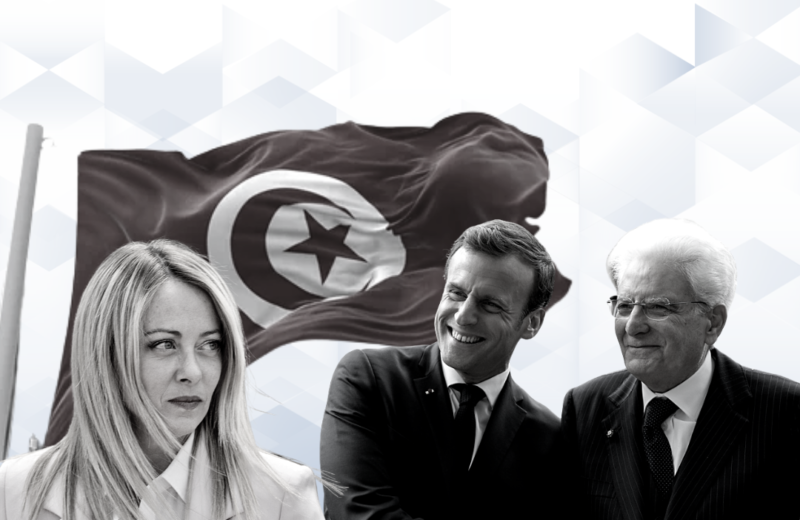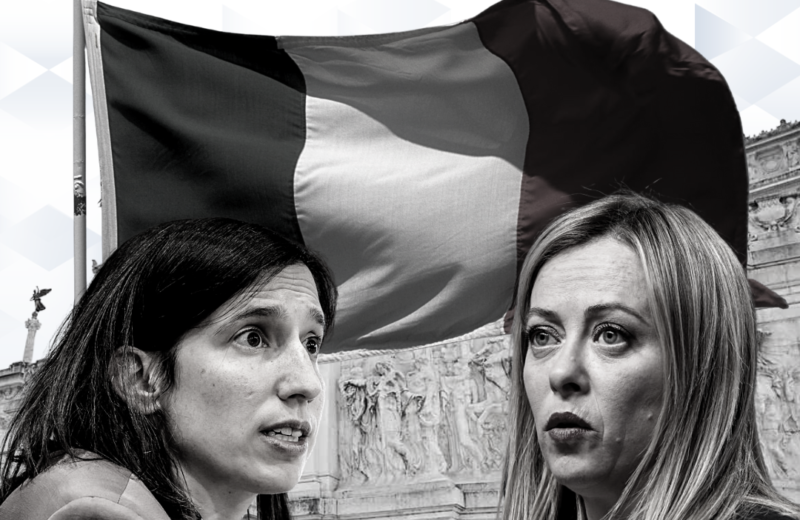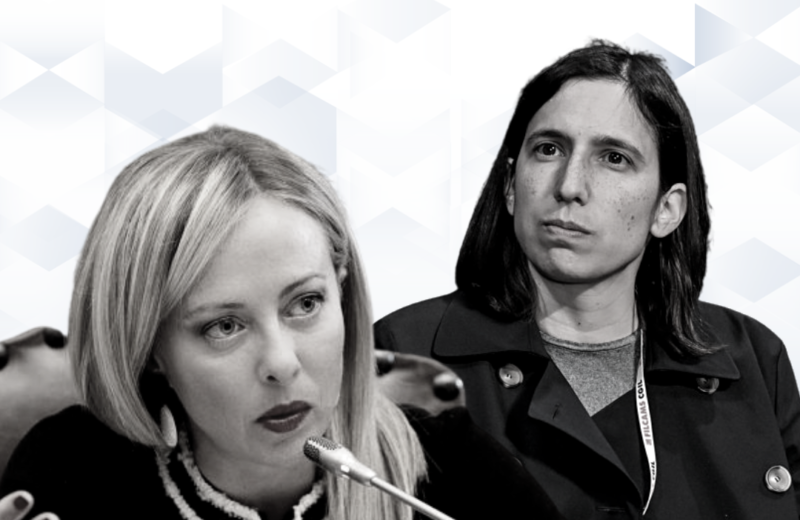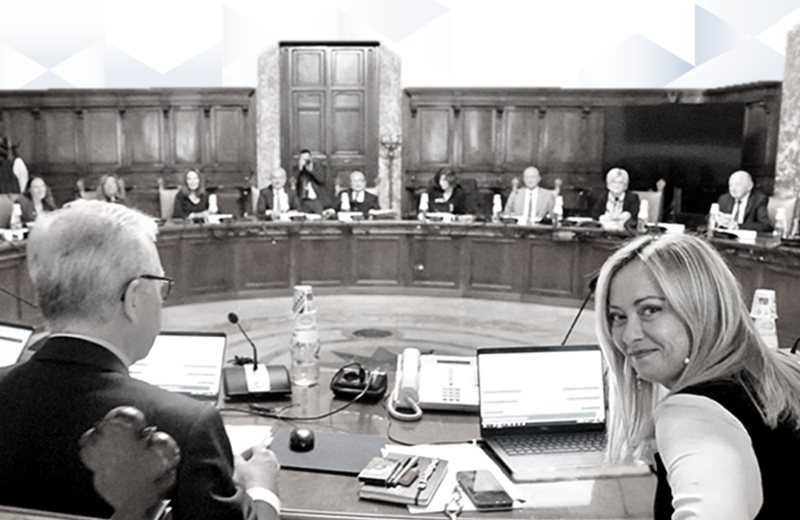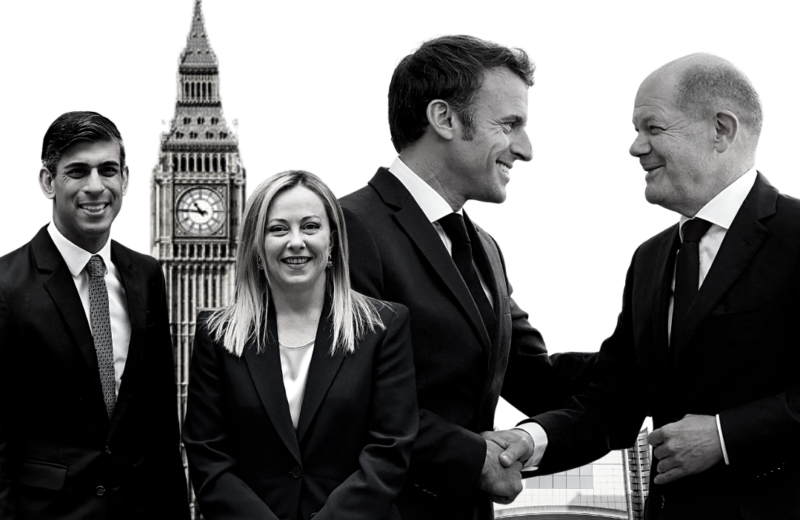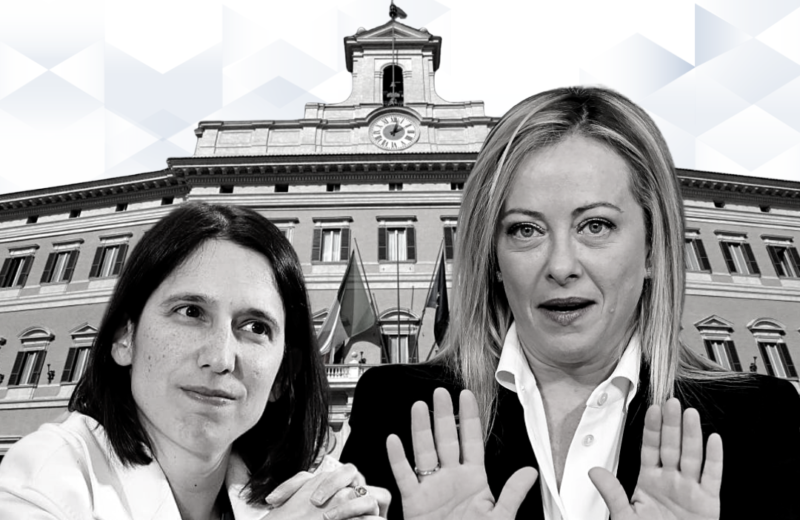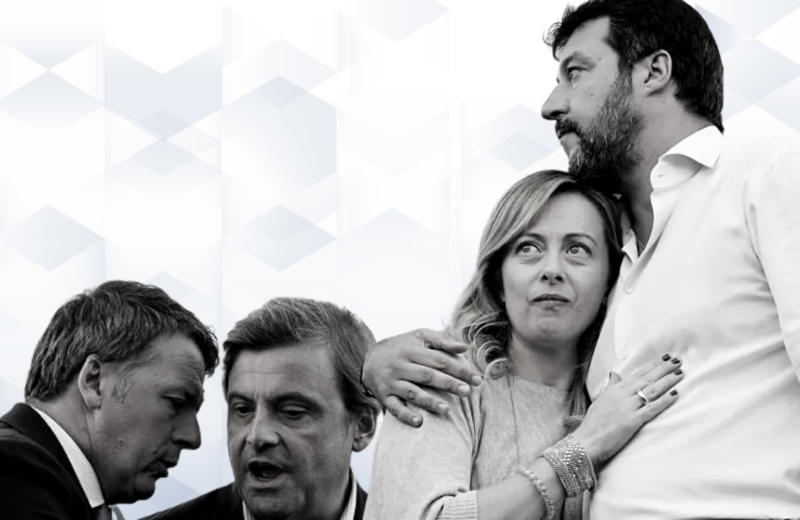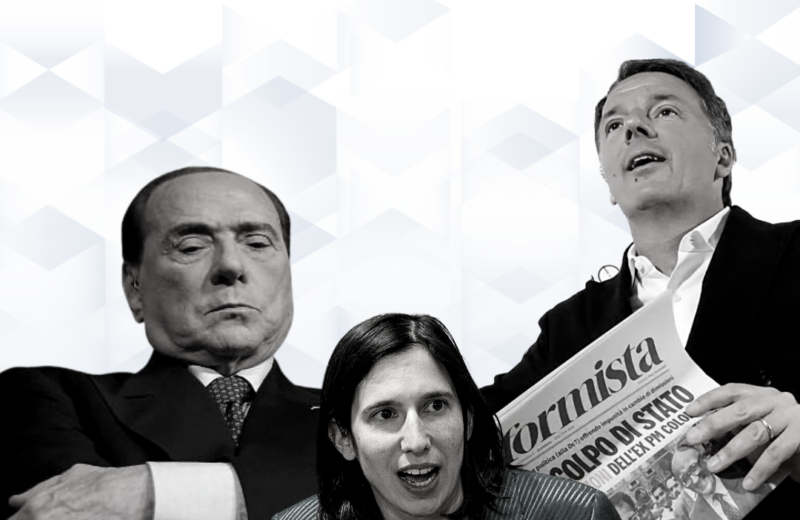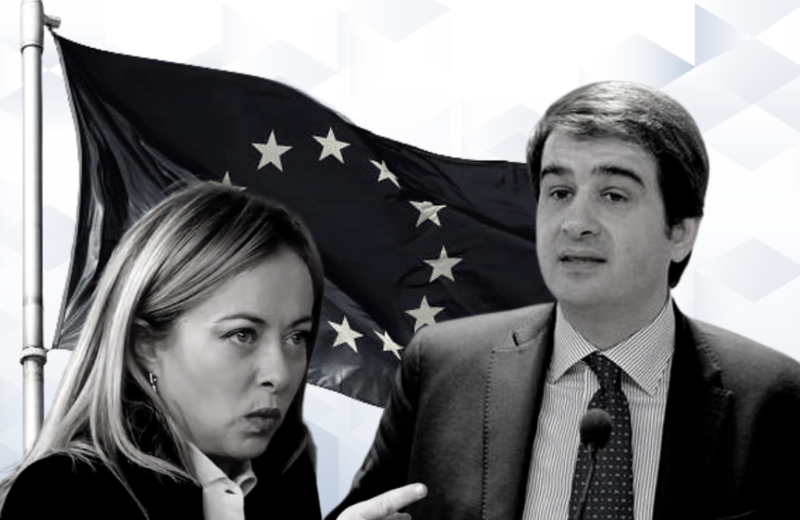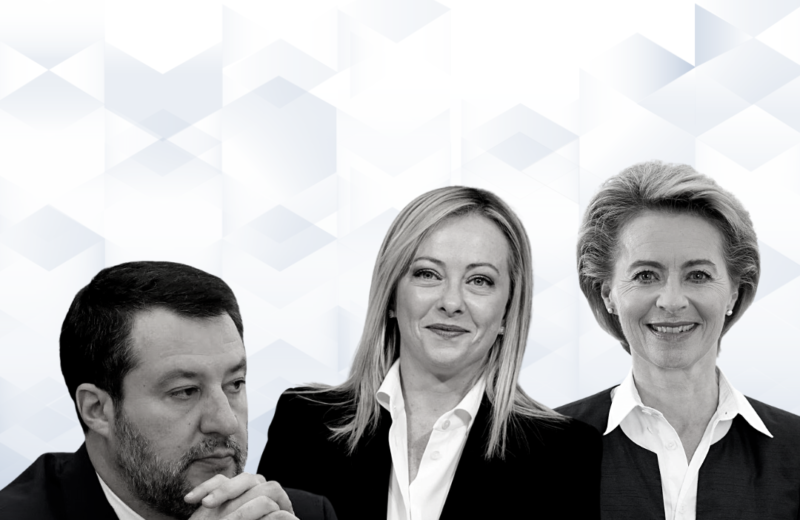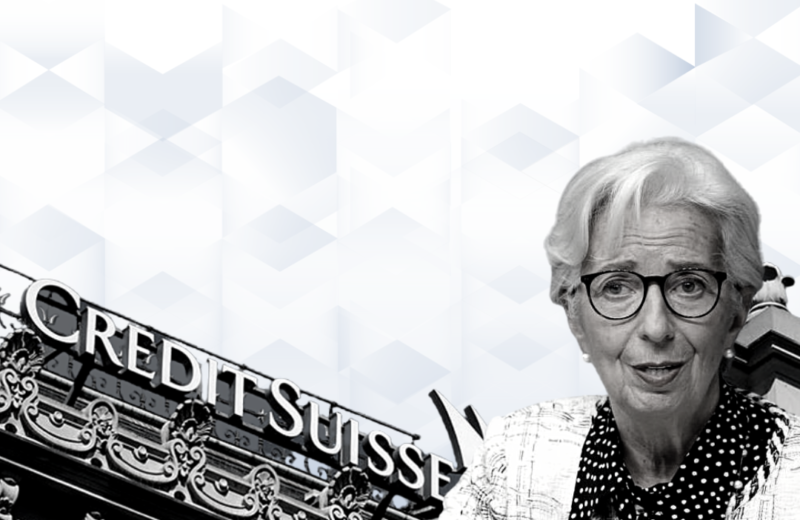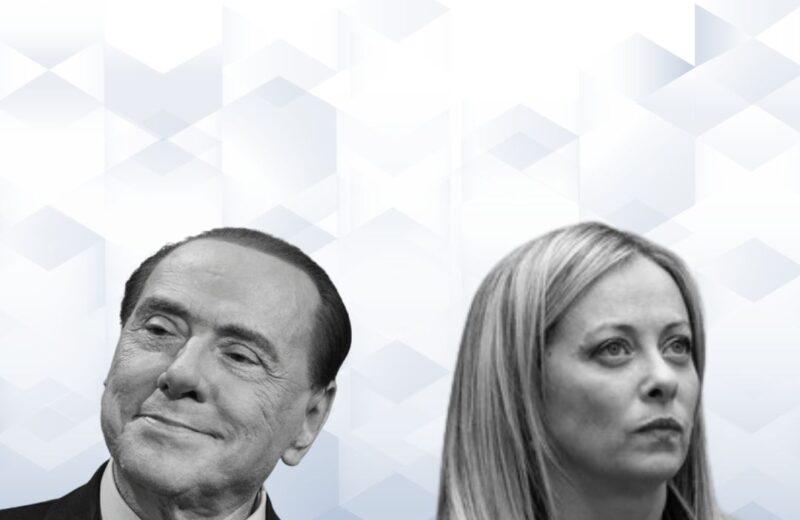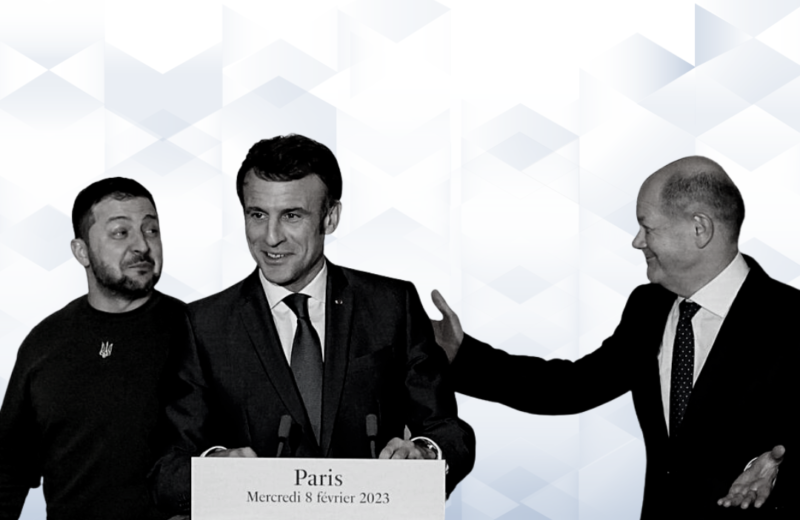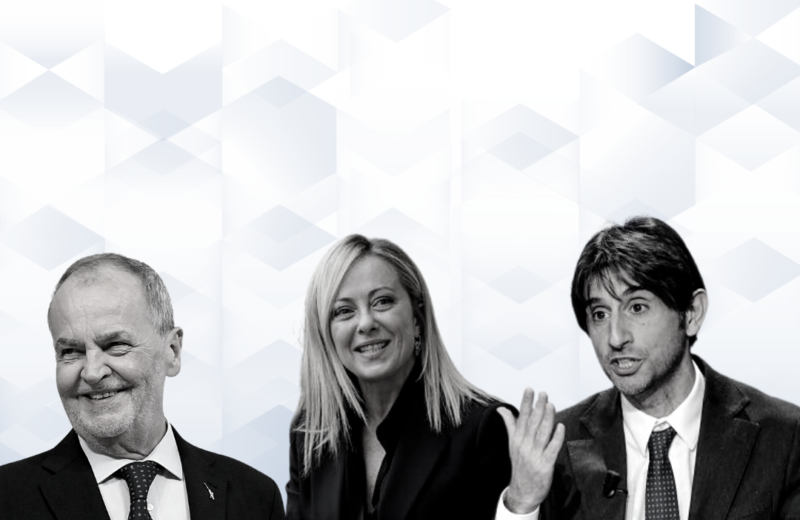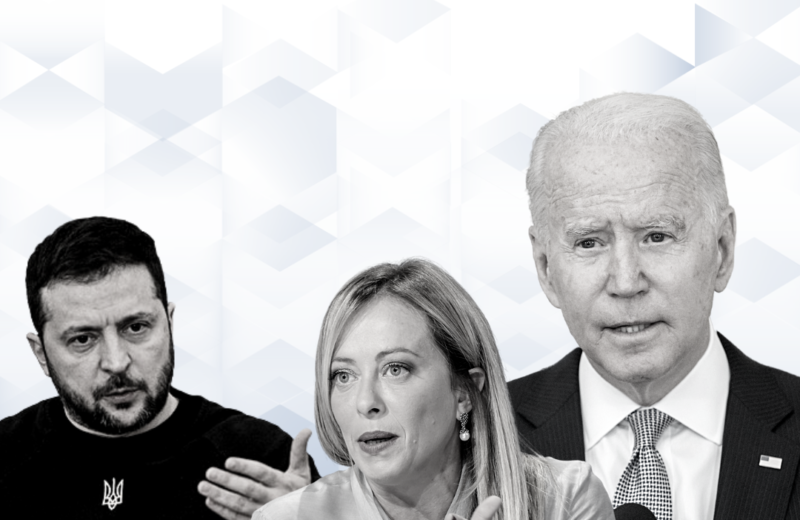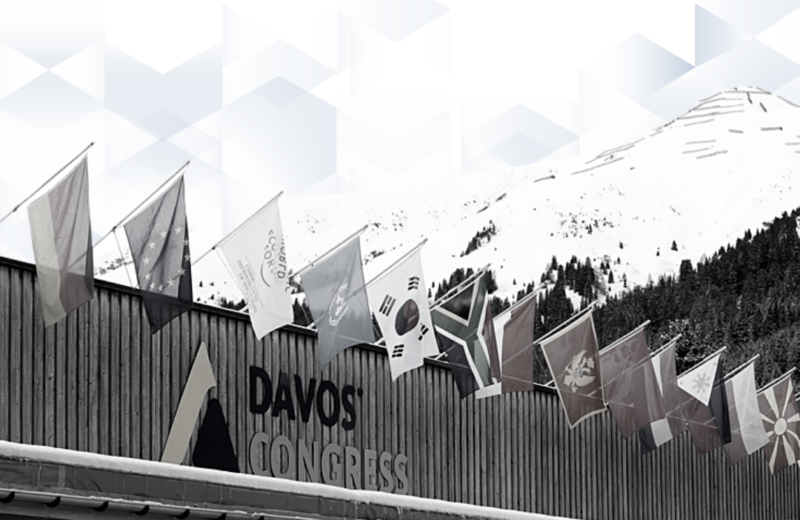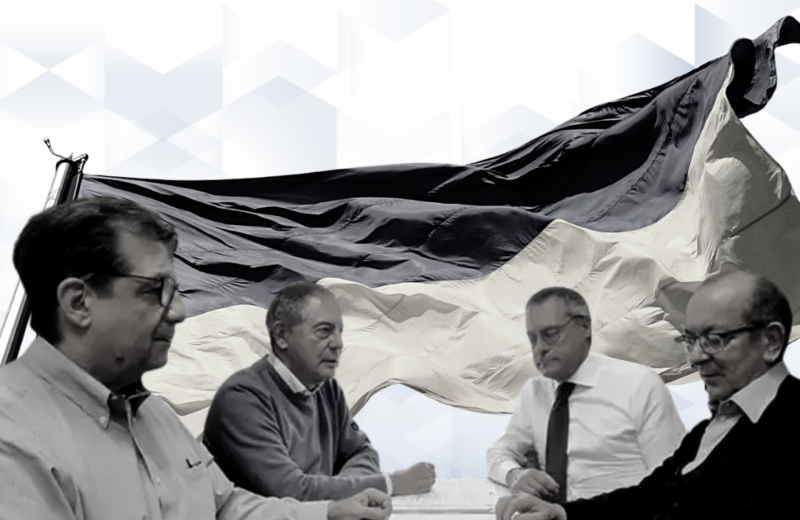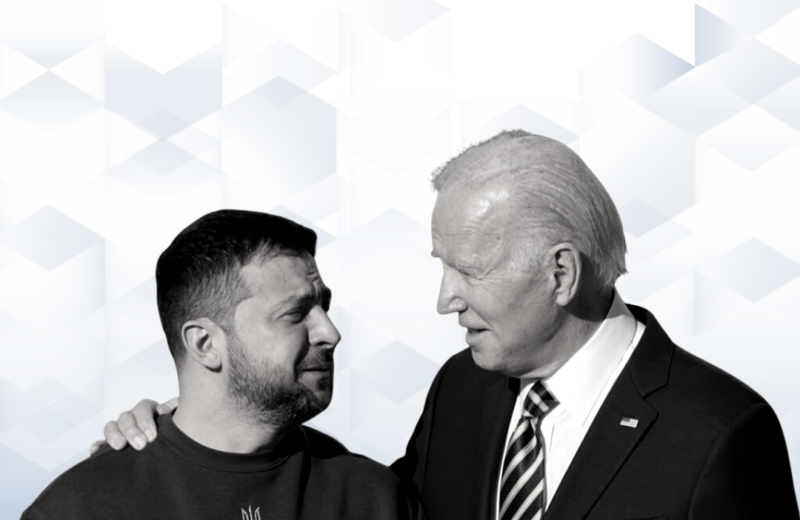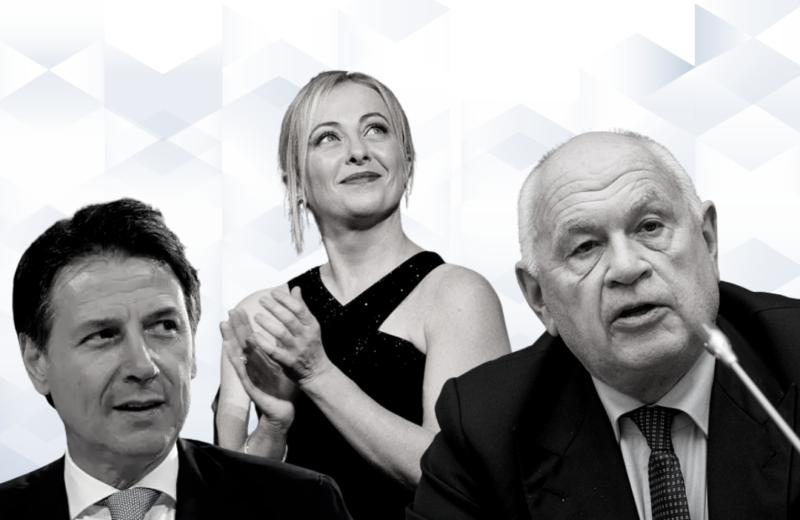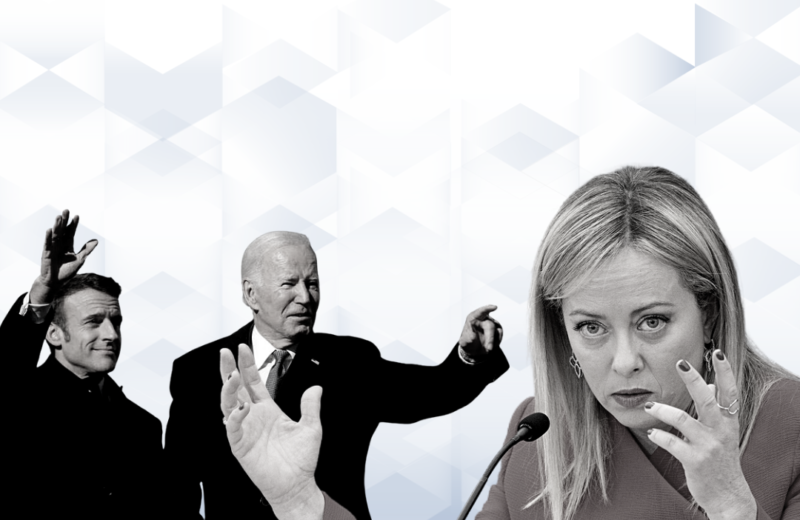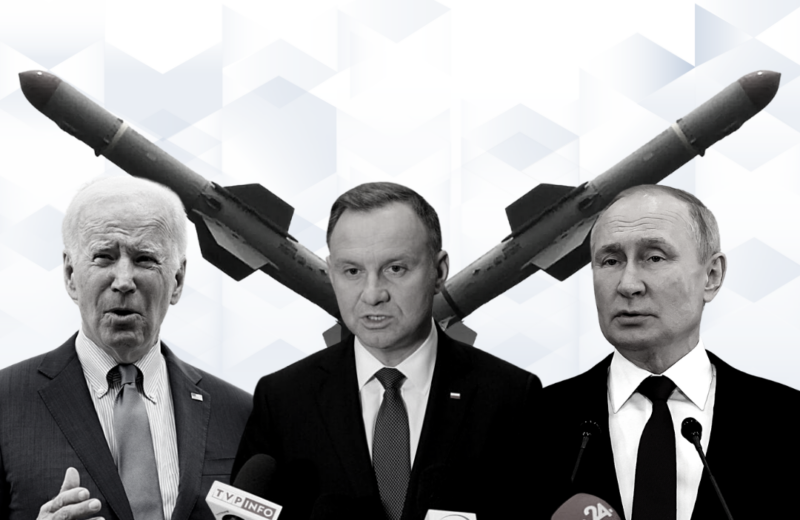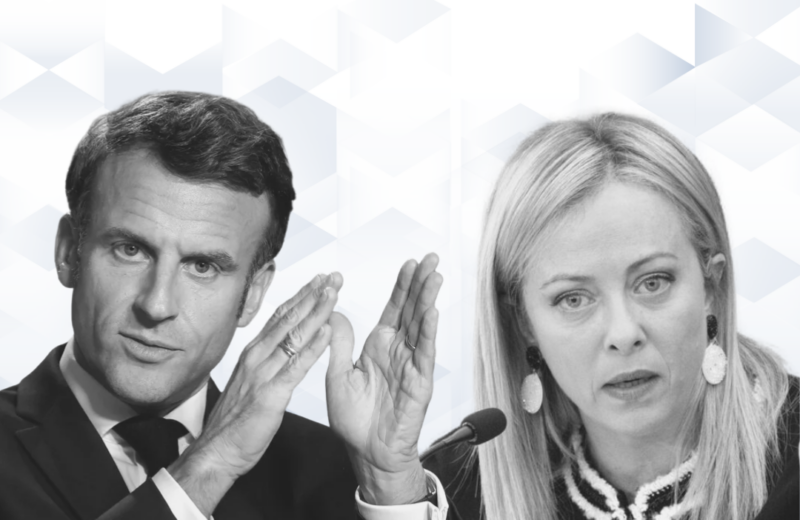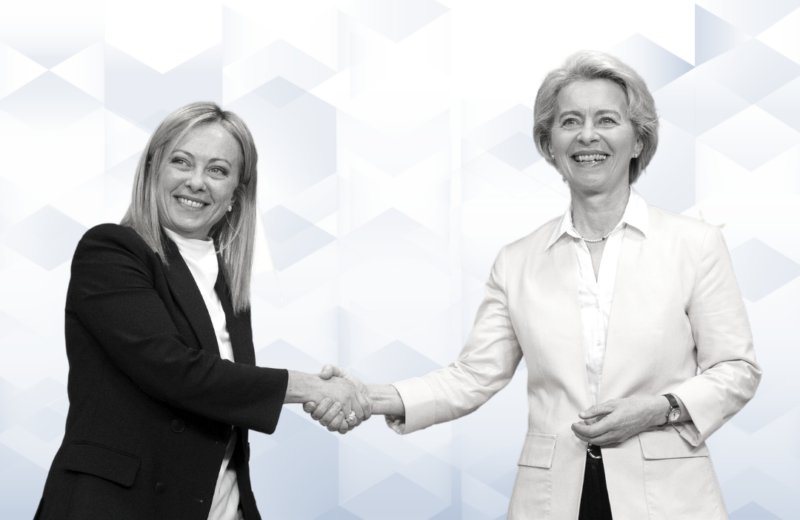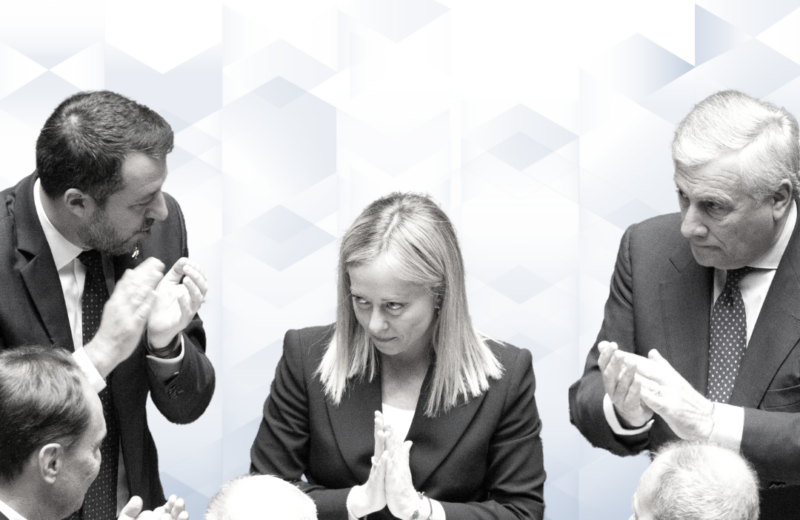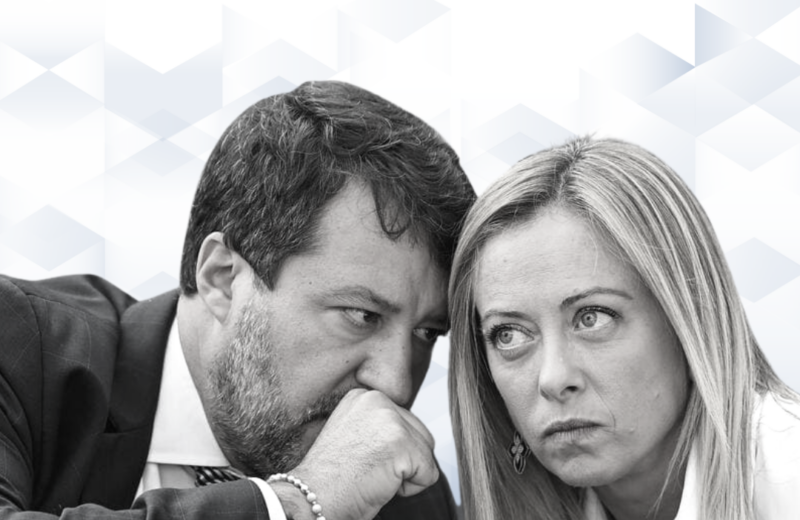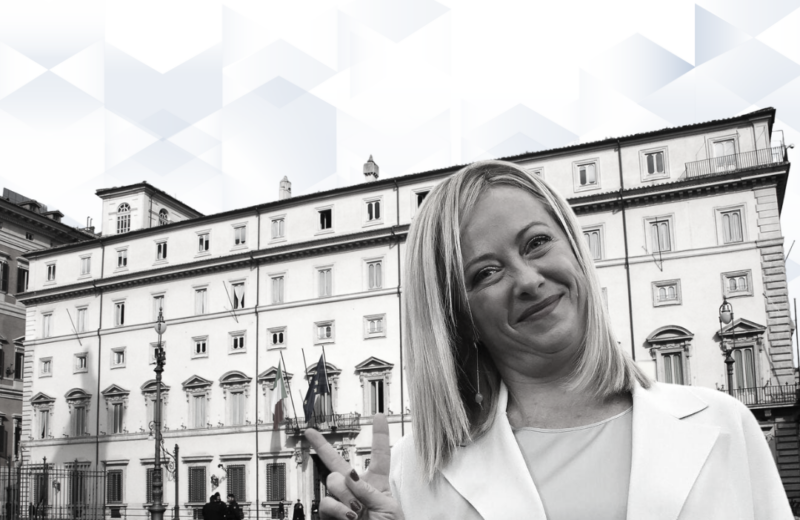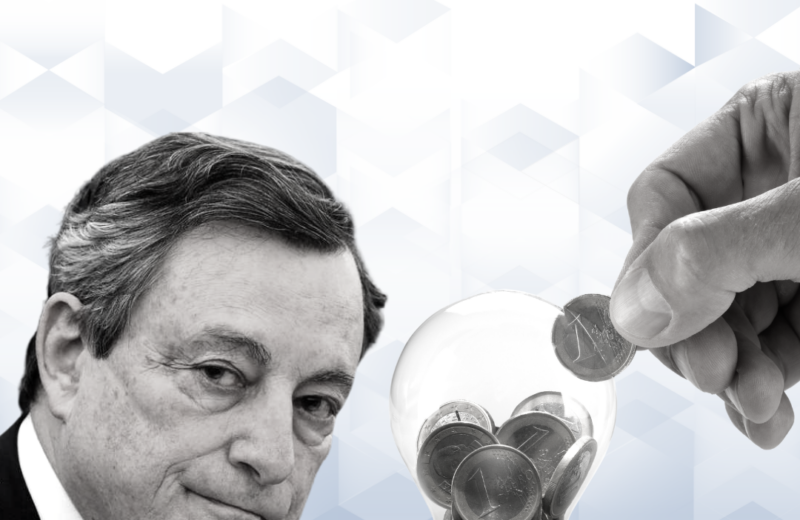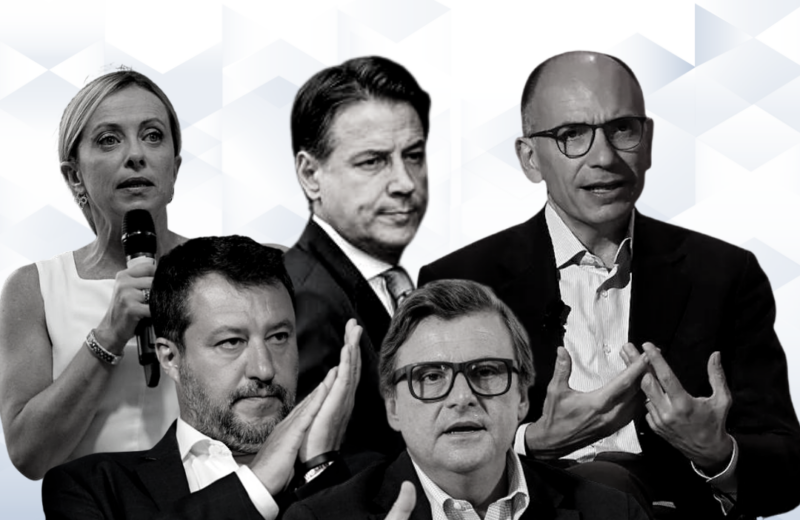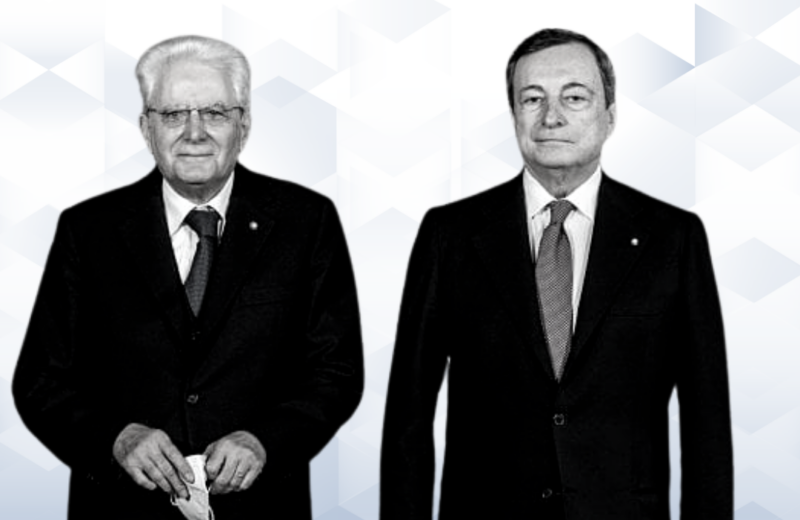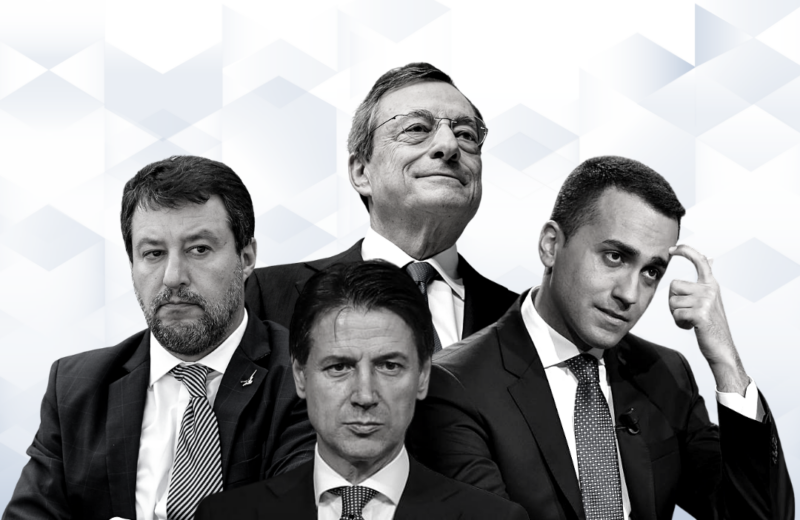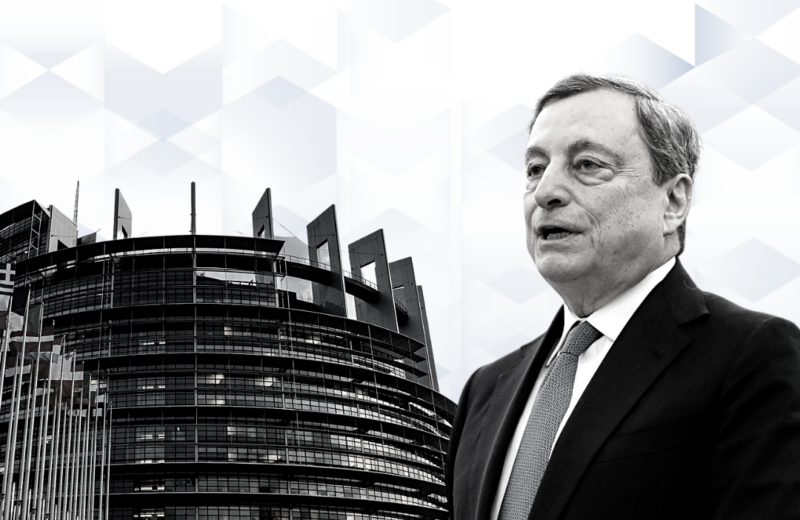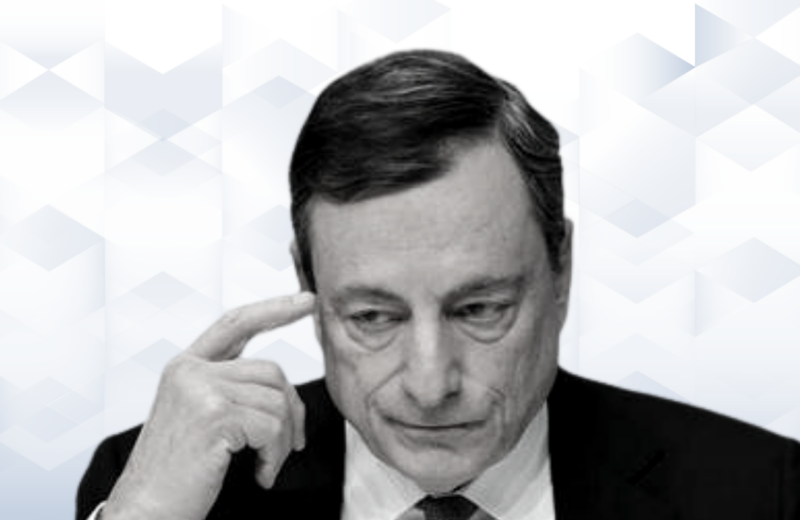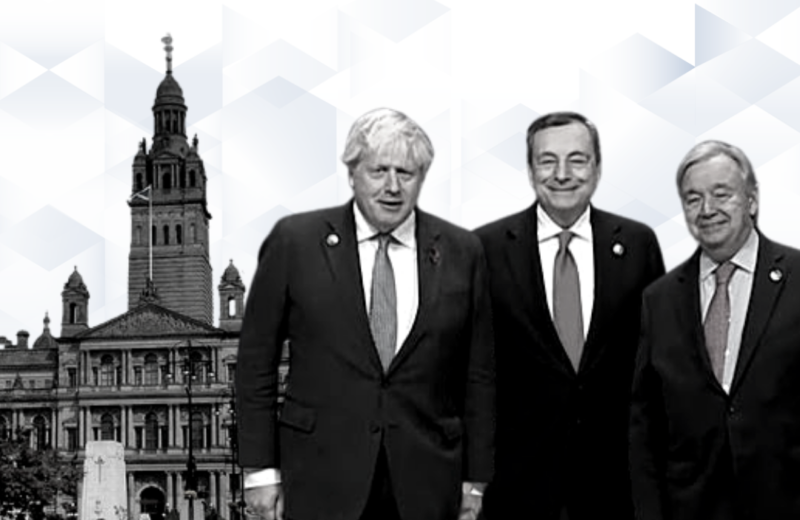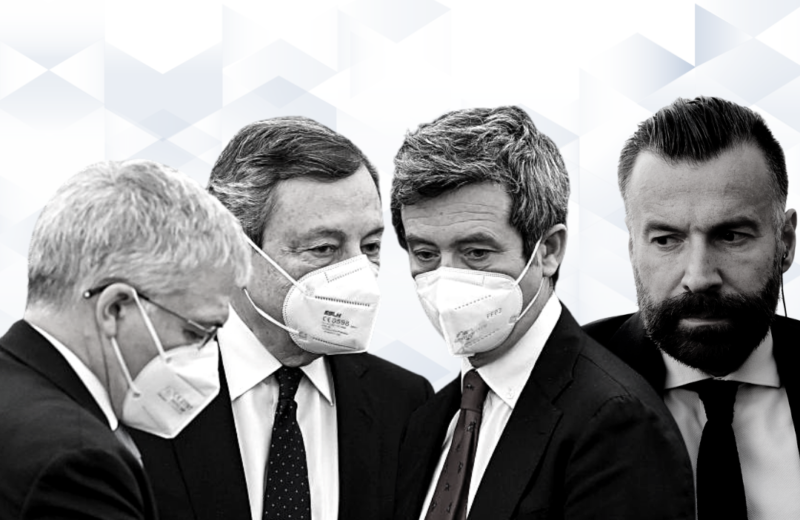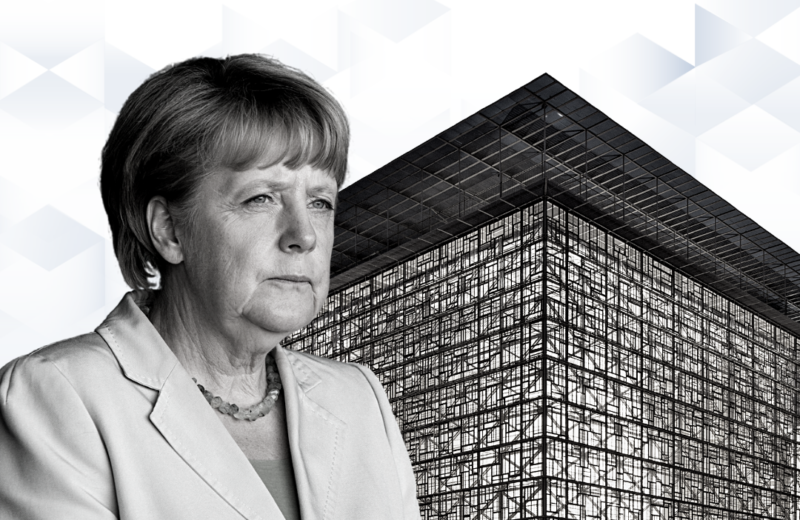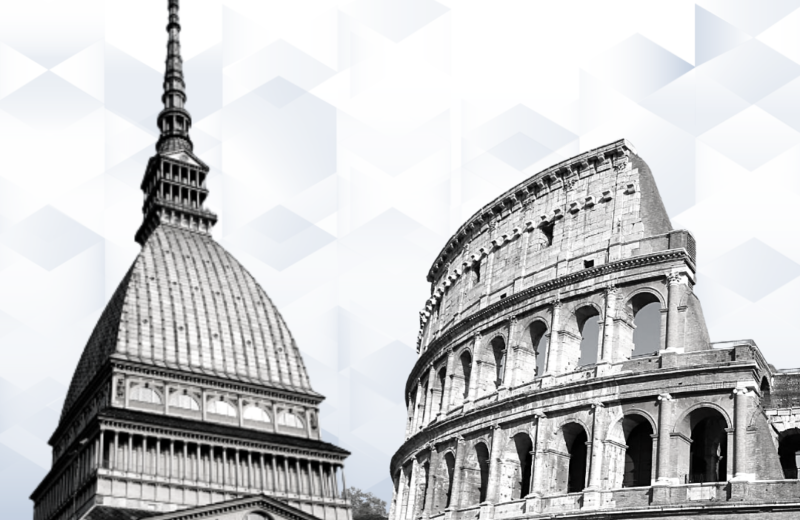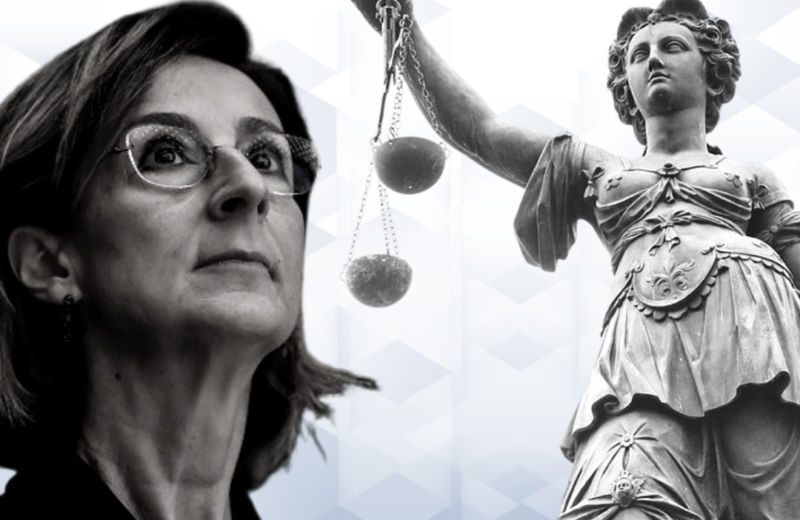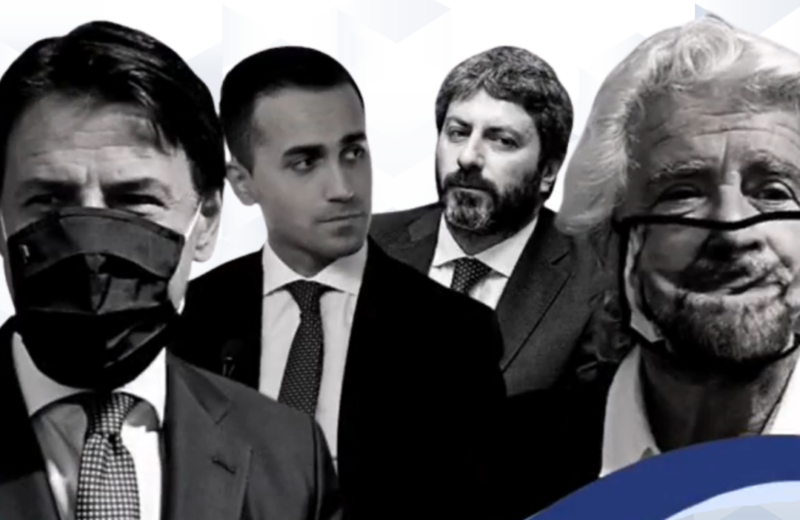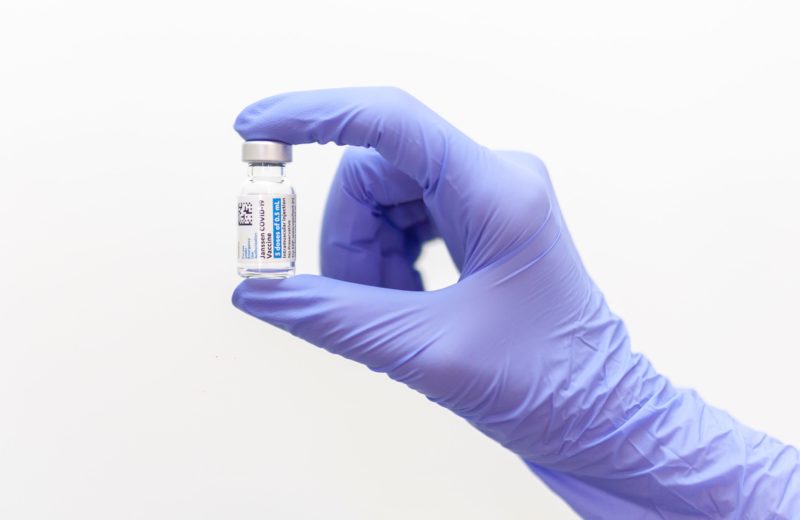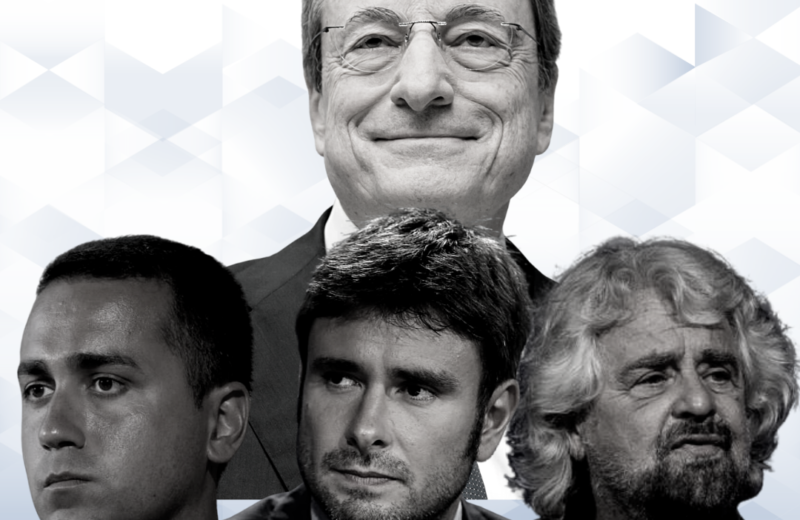The final stages of the election campaign. The meaning of Atlanticism
The release of the US intelligence dossier on Russian funding of political forces in foreign Countries breaks into the middle of the election campaign just days before the vote, sending parties into a turmoil. According to the US report, in fact, Russia has allegedly spent more than $300 million since 2014 to fund political parties in several foreign Countries. Whether or not Russia has then financed any Italian parties – and if so, which ones – is the question that is most pressing in our debate and threatens a political earthquake. But what has calmed spirits is the intervention of Copasir, which has ruled out the possibility of Italy being among the Countries involved, also through the hearing of the Delegated Authority for the Security of the Republic Franco Gabrielli. From the elements provided during the hearing, in fact, «no profiles concerning the national security of our country have emerged», said Copasir President Adolfo Urso.
During these days, the center of gravity of the election campaign seems to have shifted abroad. The key word is always the same: Atlanticism. A value that cannot be questioned at this juncture. Meloni knows this well, who sent Urso himself to Washington to reassure the US State Department about the continuity of good relations in the event of victory, reinforcing the mission with a “presentation” interview given to The Washington Post.
This is known also by Enrico Letta, who, on the strength of a more consolidated reputation abroad, is trying to make his adversary’s international reliability waver, dusting off some Eurosceptic patterns of Fdi’s past dialectics and the center-right’s affinities with some “uncomfortable” interlocutors such as Orbàn and Morawiecki. And also Salvini knows this, who from this point of view is the most exposed to controversial statements and repeated clarifications with allies and non-allies. The result of these dynamics? Certainly readings such as the one by Stefano Folli in Friday’s press in which he points to US sentiment that is disinclined to see Salvini in the government team in the future. Can US interference in Italian politics go that far? The near future will dispel these doubts, but Giorgia Meloni, the Prime Minister in pectore, certainly does not give the impression that she wants to surrender to outside influences. She has stated her positions, Atlanticism is guaranteed, and for the rest her vocabulary has long since veered towards a decidedly more institutional rhetoric. As was seen in the public debate with Letta on Monday evening in Corriere.it. The two leaders did not attack each other harshly and the duel was conducted under the banner of substantial fair play. Political distances emerged on issues such as the Pnrr, civil rights, migration policies, presidentialism and adoptions, with soft mutual criticism, none of which was particularly stinging. The PD is regaining some confidence, so much so as to push Dario Franceschini to declare that «the wind is changing and there are all the conditions for a comeback», but, while waiting for possible new external shocks from the American 007 dossiers, at the Nazareno the electoral outcome is awaited to understand whether to open a new congressional phase in the PD. Names are already being mentioned (Bonaccini, Amendola) but these are only indiscretions, which certainly reveal the need for the main center-left party to open an internal debate on its identity. What seems certain, however, is that the next few days will be crucial for the parties to convince the many undecided of the concreteness of their ideas, launch the latest proposals and convert the enthusiasm of their supporters into concrete votes.
